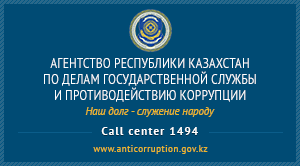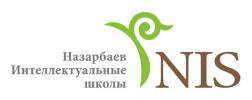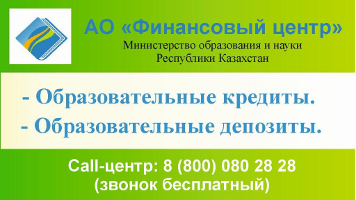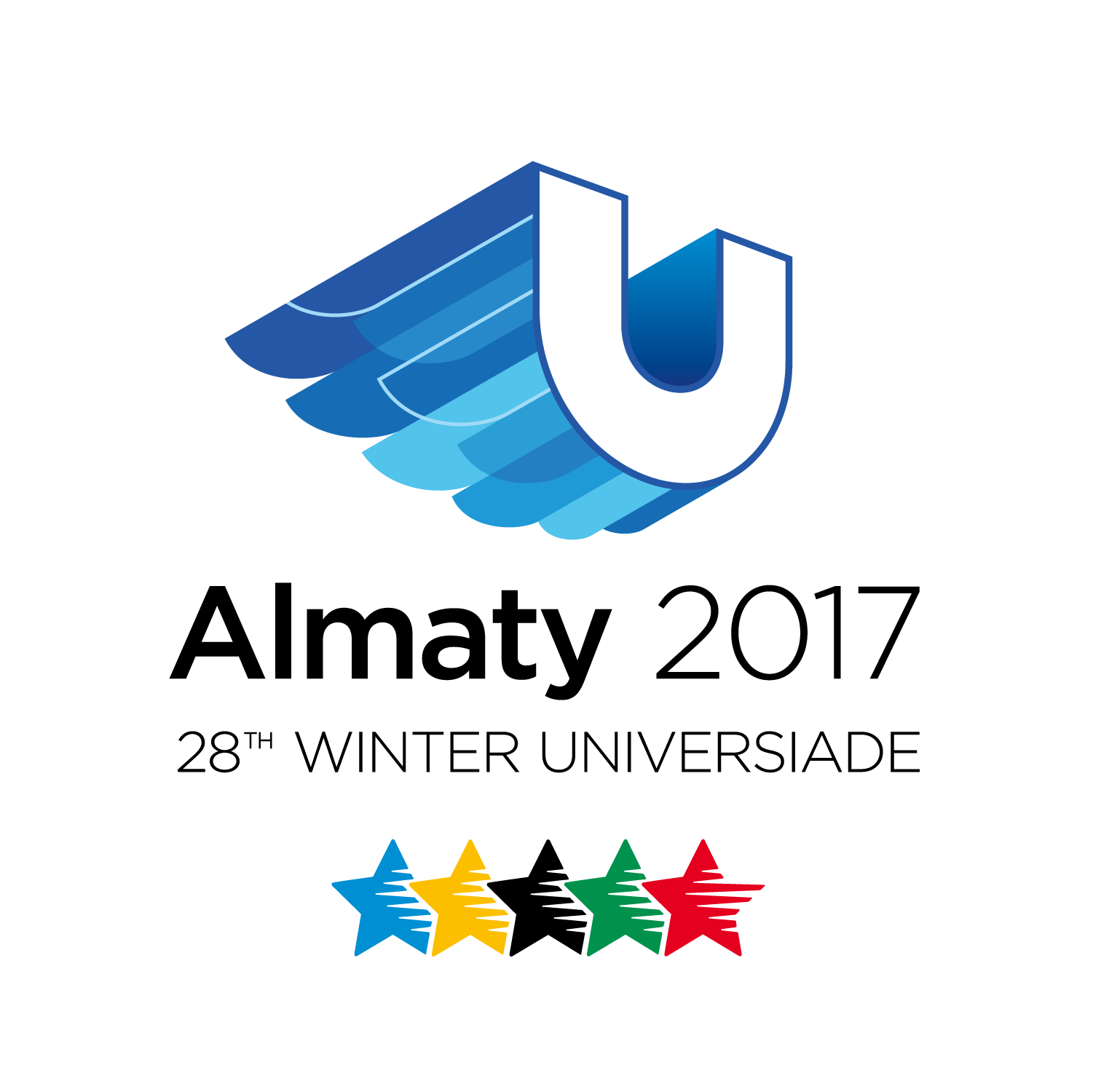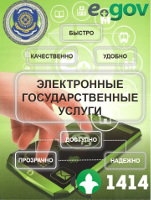
 23.02.2018
23.02.2018
If you’re
learning a foreign language, and you don’t read regularly…
STOP!
You should
be.
But do you
know how to read effectively in another language, without getting overwhelmed
by unknown vocabulary and complex grammar that doesn’t make sense?
In this article
you’ll learn how to use reading to quickly learn new words and boost your
fluency in your target language, even if you’re just getting started, and even
if you’ve tried and failed before.
Let’s get
started.
Why should you bother reading?
You’ve
probably heard before that reading helps you to learn language.
But why?
What are
the benefits of learning a language with stories, as opposed to with a
textbook?
Understanding
what reading is, and why you would do it, is the first step to becoming an
effective reader.
The main
benefit of reading is that you gain exposure to good quality, natural language.
But you can read in different ways.
If you read
a lot (for pleasure or study), this is commonly known as extensive reading. You
read large amounts, and are concerned with enjoying the story or learning from
the contents.
It might be
natural for you to read a lot in your mother tongue, but this is very different
from the kind of reading you might do in a foreign language textbook.
In your
textbook, you read short passages of text, which you study in detail with the
aim of understanding every word.
This is
known as intensive reading.
With
intensive reading, because you’re reading in so much depth, you can’t get
through very much material.
Both
approaches have value and are an important part of a balanced approach to
language learning.
But it’s
extensive reading where all the magic happens.
By reading
lots of books, websites, magazines or newspapers (whatever you enjoy) in
another language, you’ll quickly build up an innate understanding of how the
language works, because you cover so much material.
Can you see
how this is very different from what you get from your textbook?
So what’s
the catch? 🙂
Well, in
order to take full advantage of the benefits of extensive reading, you have to
actually read a lot!
Easier said than done.





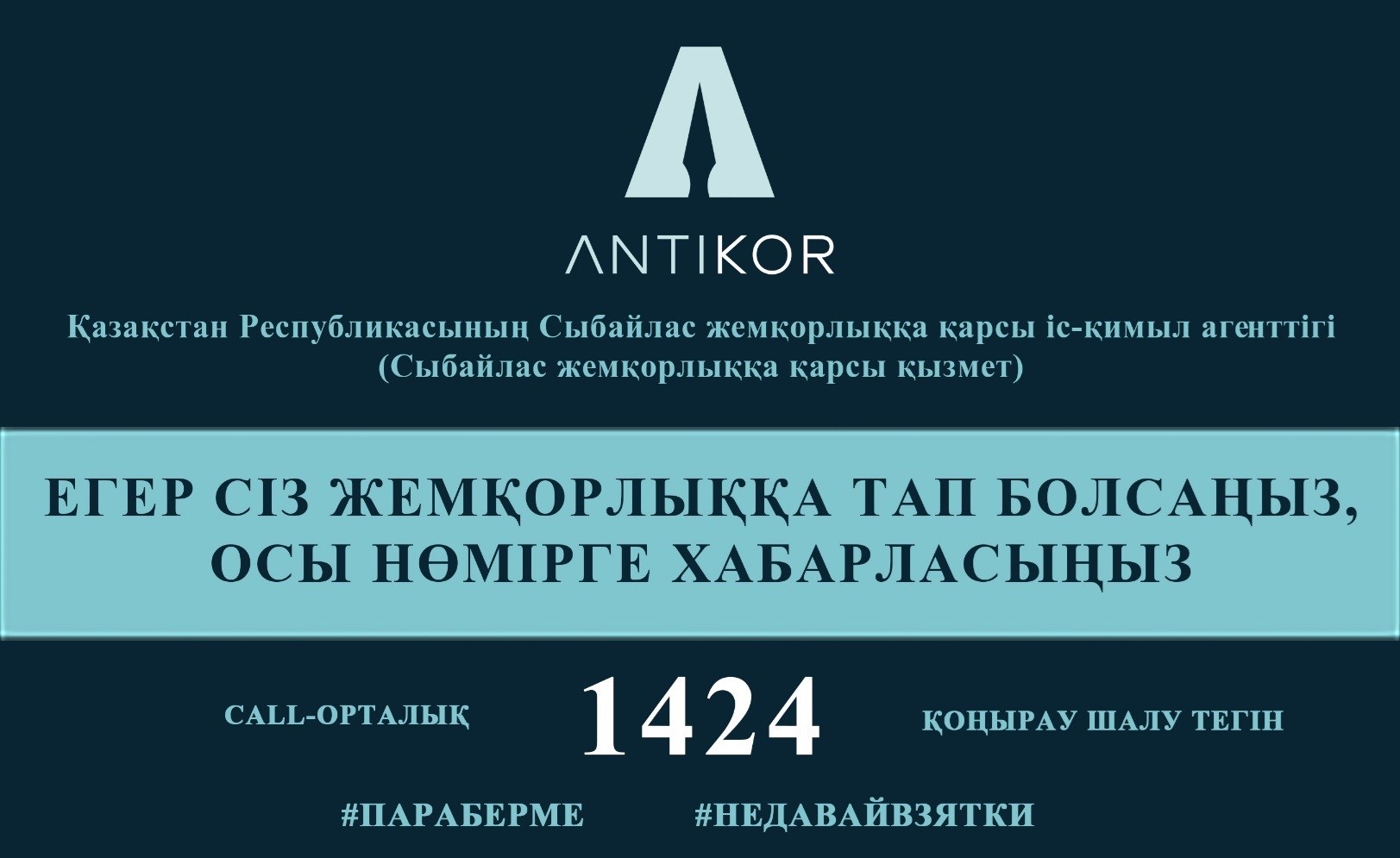
 Мектепке дейінгі балалар ұйымына жолдама қалай алуға болады
Мектепке дейінгі балалар ұйымына жолдама қалай алуға болады
 Мектепке тіркеу үшін құжаттарды қабылдау
Мектепке тіркеу үшін құжаттарды қабылдау




